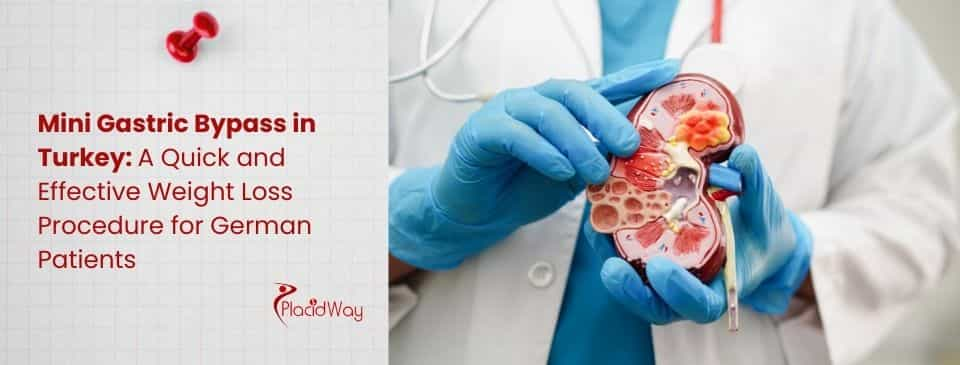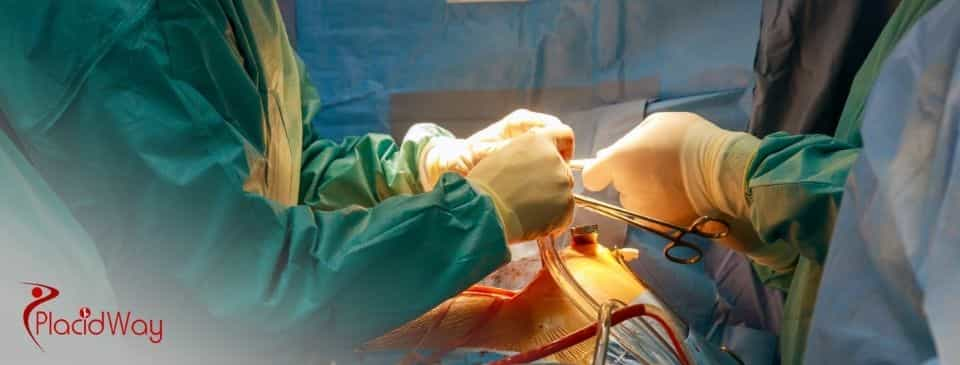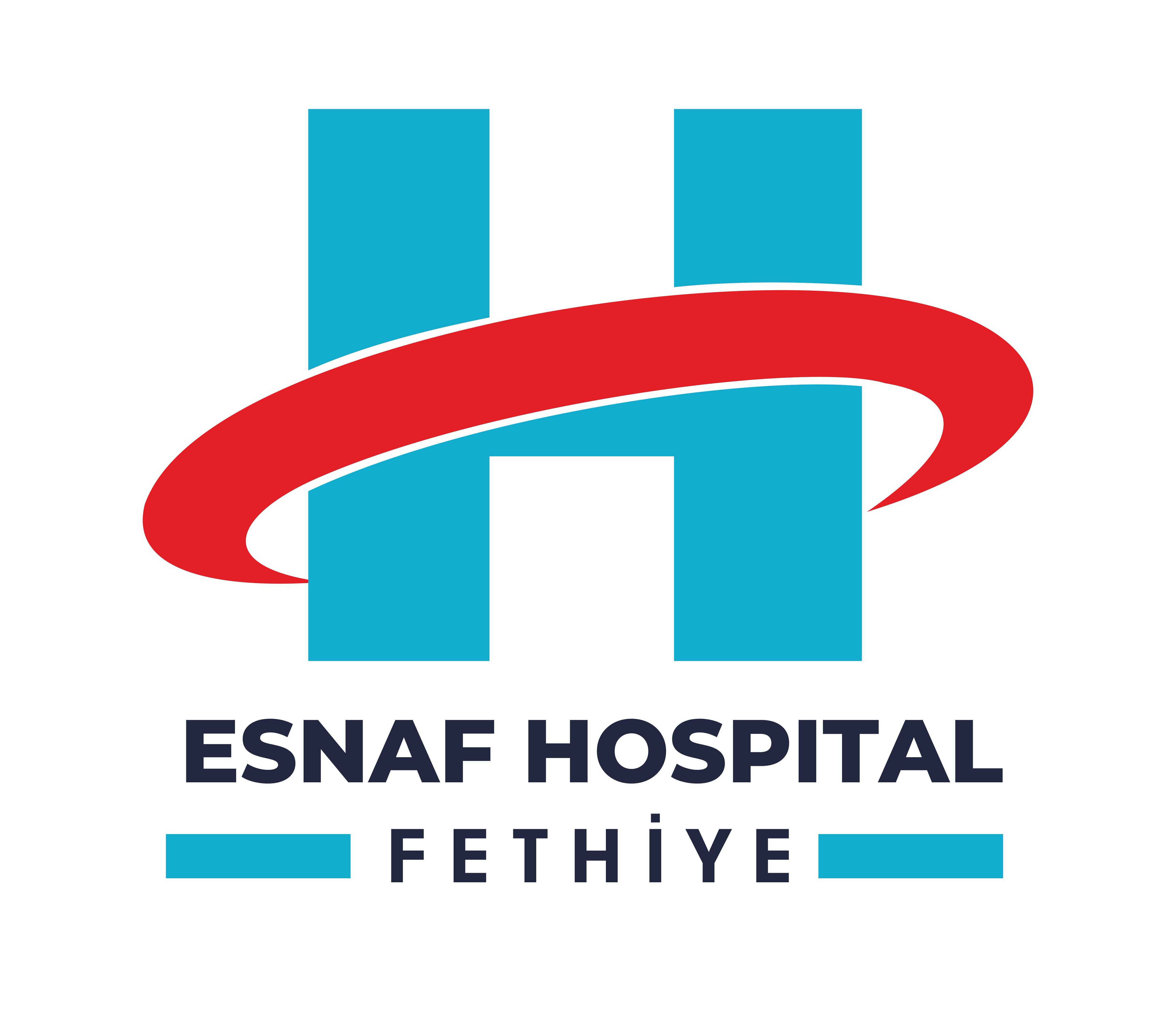
For many battling severe obesity, the journey to a healthier life can feel like an uphill battle. When diet and exercise are not enough, bariatric surgery offers a powerful tool for significant and lasting weight loss. Among the most effective procedures is the Mini Gastric Bypass (MGB), a streamlined alternative to traditional gastric bypass. For German patients, traveling to Turkey for this life-changing surgery has become an increasingly popular and viable option, combining world-class medical care with substantial cost savings.
Turkey has firmly established itself as a leading destination for medical tourism, renowned for its JCI-accredited hospitals, highly experienced surgeons, and all-inclusive packages that simplify the entire process. This guide provides a comprehensive overview of the Mini Gastric Bypass procedure in Turkey, specifically addressing the needs and concerns of patients traveling from Germany.
Key Takeaways
-
Significant Cost Savings: German patients can achieve savings of 50-70% on Mini Gastric Bypass surgery by choosing Turkey over their home country. The lower cost does not mean a compromise on quality.
-
World-Class Medical Standards: Turkey is home to numerous internationally accredited hospitals that utilize the latest medical technology and adhere to the highest standards of patient care and safety.
-
All-Inclusive Packages: Medical tourism packages in Turkey are designed for convenience, typically covering the surgery, anesthesia, hospital stay, luxury accommodation, airport and clinic transfers, and dedicated translation services.
-
Experienced Bariatric Surgeons: Turkish surgeons often have extensive experience, having performed thousands of bariatric procedures. Many are members of international surgical associations and are fluent in English or have dedicated German-speaking staff.
-
Mini Gastric Bypass Cost in Turkey: €3,000 – €5,500
-
Mini Gastric Bypass Cost in Germany: €10,000 – €15,000
-
Mini Gastric Bypass Cost in the UK: £9,000 – £14,000
-
Mini Gastric Bypass Cost in the USA: $18,000 – $25,000
What is a Mini Gastric Bypass (MGB)?
The Mini Gastric Bypass is a laparoscopic weight loss surgery that works by restricting food intake and reducing calorie absorption. It involves creating a smaller stomach pouch and bypassing a portion of the small intestine, leading to earlier satiety and decreased hunger.
The Mini Gastric Bypass, also known as the One Anastomosis Gastric Bypass (OAGB), is a minimally invasive procedure designed to induce weight loss in individuals with morbid obesity. It combines the restrictive and malabsorptive mechanisms of traditional bariatric surgeries but in a simpler, quicker, and often safer manner.
During the procedure, the surgeon uses laparoscopic instruments to create a long, narrow pouch from the upper part of the stomach. This new, smaller stomach can only hold a small amount of food, which significantly restricts calorie intake. The surgeon then connects this pouch directly to a lower section of the small intestine, bypassing approximately 150-200 cm of the upper part. This rerouting means that food travels through a shorter path, leading to fewer calories and nutrients being absorbed by the body. The MGB is celebrated for its strong and sustainable results in weight loss and the resolution of obesity-related health conditions.
.jpg)
Why is Turkey a Prime Destination for German Patients?
Turkey offers German patients a unique combination of affordability, high-quality medical care, and ease of travel. With internationally accredited facilities, experienced surgeons, and no long waiting lists, it presents a compelling alternative to undergoing surgery in Germany.
The appeal of Turkey for medical procedures extends far beyond just cost. German patients find a healthcare system that is both advanced and exceptionally hospitable.
-
Substantial Financial Savings: The most significant driver is the cost. The price for an MGB in Turkey is a fraction of what one would pay in Germany, even after factoring in travel and accommodation. This is due to the lower cost of living and operational expenses in Turkey.
-
High Standards of Medical Care: Turkish hospitals are modern, well-equipped, and often hold prestigious accreditations from international bodies like the Joint Commission International (JCI). This certification ensures that the standards of care are on par with the best hospitals in Europe and the United States.
-
Experienced and Qualified Surgeons: Turkish bariatric surgeons are highly skilled and often have specialized training from Europe or the US. They are well-versed in the latest laparoscopic techniques, ensuring high success rates and low complication rates.
-
No Waiting Lists: In Germany, the process to get approved for bariatric surgery can be long and fraught with bureaucratic hurdles and extensive waiting lists. In Turkey, patients can schedule their surgery at their convenience, often within a few weeks.
-
Seamless Travel Experience: With numerous direct flights from major German cities like Berlin, Frankfurt, and Munich to Istanbul, Antalya, and Izmir, traveling to Turkey is quick and straightforward. The flight time is typically only 3-4 hours.
Expert Insight: "The MGB procedure is highly effective for long-term weight management. We see many patients from Germany who are not only pleased with the results but also pleasantly surprised by the level of personalized care they receive here. Our all-inclusive packages are designed to eliminate stress, allowing the patient to focus solely on their health and recovery."
Are You a Suitable Candidate for Mini Gastric Bypass?
Ideal candidates for Mini Gastric Bypass typically have a Body Mass Index (BMI) of 35 or higher, or a BMI of 30-34.9 with significant obesity-related health problems. A commitment to long-term lifestyle changes is essential for success.
Determining candidacy is a crucial first step. While a detailed consultation with a surgeon is necessary, the general criteria for undergoing an MGB include:
-
BMI Criteria: A BMI of 35 or higher. Patients with a BMI between 30 and 34.9 may also be considered if they suffer from serious comorbidities like type 2 diabetes, hypertension, sleep apnea, or severe joint problems.
-
Previous Weight Loss Attempts: Candidates should have a history of unsuccessful attempts at losing weight through conventional methods like diet and exercise.
-
Psychological Readiness: Patients must be mentally prepared for the significant dietary and lifestyle adjustments required after surgery. A psychological evaluation is often part of the pre-operative process.
-
Absence of Contraindications: Certain medical conditions, such as severe heart or lung disease, untreated psychological illnesses, or alcohol/drug dependency, may disqualify a person from surgery.

The Mini Gastric Bypass Procedure: Step-by-Step
The surgery is performed laparoscopically under general anesthesia and typically takes about 60 to 90 minutes. It involves making several small incisions in the abdomen to create the stomach pouch and reroute the intestine.
Understanding the surgical process can help alleviate anxiety. The journey involves several key phases:
-
Pre-Operative Consultation and Tests: Upon arrival in Turkey, you will have a thorough consultation with your surgeon. This includes a physical examination, blood tests, an endoscopy, and other necessary evaluations to ensure you are fit for surgery.
-
Anesthesia and Incisions: The procedure is performed under general anesthesia. The surgeon makes 4-5 small keyhole incisions in the abdomen to insert a laparoscope (a thin tube with a camera) and specialized surgical instruments.
-
Creating the Stomach Pouch: The surgeon uses a surgical stapler to divide the stomach, creating a small, tubular pouch that will serve as your new stomach.
-
Intestinal Bypass: The surgeon identifies a section of the small intestine (jejunum) and connects it directly to the newly created stomach pouch.
-
Closing the Incisions: After ensuring the new connections are secure and leak-proof, the instruments are removed, and the small incisions are closed with sutures.
Did You Know? The Mini Gastric Bypass was developed in 1997 by Dr. Robert Rutledge as a simpler alternative to the Roux-en-Y gastric bypass. Its streamlined design results in a shorter operating time and a lower risk of certain complications compared to its predecessor.
Cost of Mini Gastric Bypass in Turkey: A Detailed Breakdown
The average cost of a Mini Gastric Bypass package in Turkey ranges from €3,000 to €5,500. This comprehensive price is significantly lower than in Western countries and typically includes all medical and logistical expenses.
One of the primary advantages of choosing Turkey is the transparent and affordable pricing. Unlike in Germany, where costs can be fragmented, Turkish clinics offer all-inclusive packages that provide excellent value.
|
Service/Component Included |
Turkey |
Germany |
United Kingdom |
United States |
|---|---|---|---|---|
|
Average Procedure Cost |
€3,000 - €5,500 |
€10,000 - €15,000 |
£9,000 - £14,000 |
$18,000 - $25,000 |
|
Surgeon & Anesthesiologist Fees |
Included |
Separate |
Separate |
Separate |
|
Hospital Stay (2-3 nights) |
Included |
Included |
Included |
High additional cost |
|
Pre-Operative Tests |
Included |
Often separate |
Often separate |
Separate |
|
VIP Airport & Clinic Transfers |
Included |
Not included |
Not included |
Not included |
|
Hotel Accommodation (4-5 nights) |
Included |
Not included |
Not included |
Not included |
|
Translation Services |
Included |
Not applicable |
Not applicable |
Not applicable |
|
Post-Op Medications |
Included |
Partially covered |
Partially covered |
Separate |
|
Estimated Total Cost |
~€4,000 |
~€12,500 |
~£11,500 |
~€21,000 |
Note: Prices are estimates and can vary based on the clinic, surgeon's experience, and the specific needs of the patient.
Recovery and Life After MGB Surgery
Recovery begins with a 2-3 day hospital stay, followed by a specific post-op diet that transitions from liquids to solid foods over several weeks. Patients can typically return to work in 2-4 weeks, with full recovery taking a few months.
A successful outcome depends heavily on adhering to post-operative guidelines. The recovery timeline is generally as follows:
-
Hospital Stay (2-3 days): You will be monitored closely for any immediate complications. The medical team will help you manage pain and encourage you to start walking to prevent blood clots.
-
Post-Op Diet: You will follow a strict, phased diet plan:
-
Week 1-2: Clear liquids, followed by full liquids (protein shakes, yogurt, soups).
-
Week 3-4: Pureed foods.
-
Week 5 onwards: Soft foods, gradually transitioning to regular, solid foods in small portions.
-
-
At Home Recovery (2-4 weeks): Most patients can return to a desk job within two weeks. Strenuous activities and heavy lifting should be avoided for at least 4-6 weeks.
-
Long-Term Lifestyle: Long-term success requires a permanent change in eating habits, including eating small, frequent meals, chewing food thoroughly, and prioritizing protein. Lifelong vitamin and mineral supplementation (vitamin B12, iron, calcium, and vitamin D) is mandatory to prevent nutritional deficiencies.
Potential Risks and Complications
While the Mini Gastric Bypass is a safe procedure, all surgeries carry risks. Potential complications include bleeding, infection, leaks from the staple line, and long-term issues like nutritional deficiencies or bile reflux.
The safety profile of the MGB is excellent, especially when performed by an experienced surgeon. However, it's important to be aware of the potential risks:
-
Short-Term Risks: Infection, bleeding, blood clots, adverse reactions to anesthesia, and leaks at the staple lines.
-
Long-Term Risks:
-
Nutritional Deficiencies: The risk of anemia and osteoporosis is higher due to malabsorption. Lifelong supplementation is crucial.
-
Bile Reflux: Some patients may experience reflux of bile into the stomach pouch, which can cause discomfort and inflammation.
-
Dumping Syndrome: Eating high-sugar or high-fat foods can cause nausea, cramping, and diarrhea.
-
Ulcers: Stomach ulcers can form, particularly in patients who smoke or take NSAID pain relievers.
-
Frequently Asked Questions (FAQ)
How much weight can I expect to lose with a Mini Gastric Bypass?
Patients can typically expect to lose 60-80% of their excess body weight within the first 12 to 18 months. Results vary based on adherence to diet and exercise recommendations.
Is the Mini Gastric Bypass reversible?
Yes, unlike the gastric sleeve, the MGB is technically reversible as no part of the stomach is removed. However, reversal is a complex procedure and is rarely performed.
How is MGB different from the standard Roux-en-Y Gastric Bypass (RNY)?
The MGB is simpler and faster as it involves only one surgical connection (anastomosis) between the stomach and intestine, compared to two in the RNY. This often leads to a lower risk of certain complications and a quicker recovery time.
What will my diet be like after the surgery?
Your diet will permanently change. You will need to eat very small portions, focus on high-protein foods, and avoid sugary, fatty, and processed foods. You'll also need to take vitamin and mineral supplements for life.
How long do I need to stay in Turkey?
Most medical packages require a stay of about 7-10 days. This includes a few days for pre-operative tests and consultation, 2-3 nights in the hospital after surgery, and a few more days of recovery at a hotel before you are cleared to fly back to Germany.
Will I have a language barrier problem in Turkey?
No. Reputable clinics and hospitals catering to international patients provide dedicated German or English-speaking coordinators and translators to assist you at every step, from consultations to hospital care.
Your Journey to a Healthier Life with PlacidWay
Choosing to undergo a Mini Gastric Bypass is a monumental step towards reclaiming your health and vitality. At PlacidWay, we understand the complexities of making this decision, especially when it involves traveling abroad.







.png)
.png)
-(1).png)
.png)






Share this listing